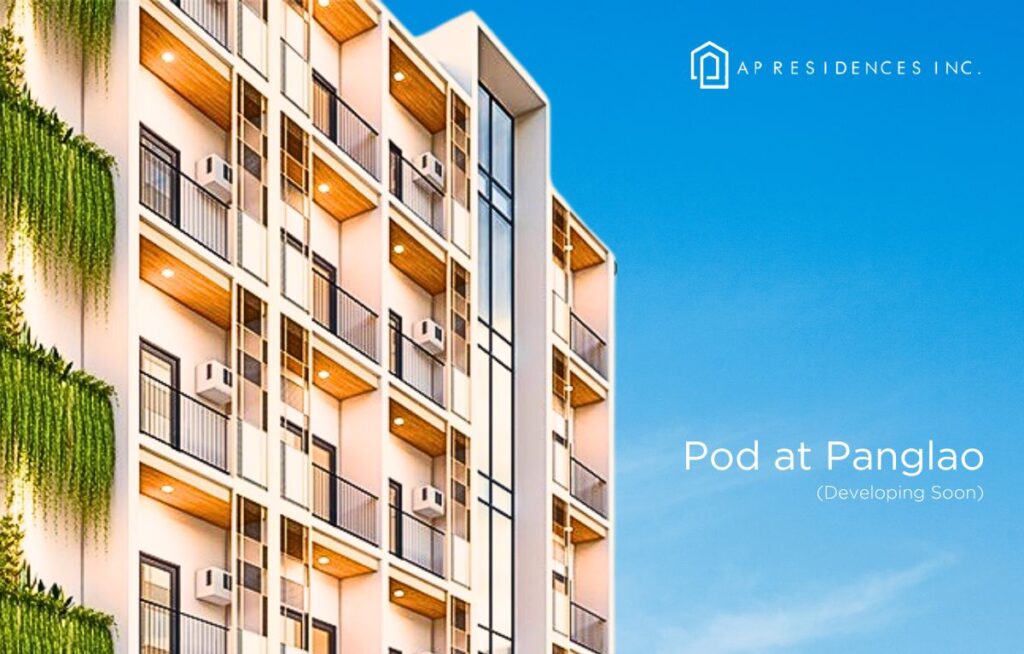The Philippines draws in foreign nationals who see the country for its business or retirement potentials.
Its warm weather, beautiful beaches, and lively cities make many expats wish they could own a home there.
But the country has tough rules about foreign property ownership. So can a foreigner buy a house in the Philippines or is this endeavor impossible to achieve?
Based on the Philippine Constitution of 1986 owning land is off-limits, but foreigners can still get real estate in other ways.
This guide will show you the different choices you have and help you understand the tricky parts of buying property in the Philippines.
Understanding Philippine Property Ownership Laws
The Philippine Property Ownership Laws The 1987 Philippine Constitution states that Filipino citizens and corporations with at least 60% Filipino ownership have the right to own land.
This rule means foreigners can’t fully own land. But they can own other types of real estate under certain legal conditions.
Also, the Foreign Investment Act puts limits on foreign ownership of businesses and properties in the country.

Find Your Dream Home with AP Residences
At least 60% of the shares should be Filipino-owned allowing the corporation to make purchases of real properties on behalf of foreign nationals.
While land ownership has restrictions, foreigners can own structures like houses and condominium units under this legal provision.
How You Can Legally Own Property in the Philippines
While the laws might seem restrictive at first, you actually have several smart options to make your dream a reality.
Here are the paths you can take:
Direct Ownership: Condominiums
Here’s some good news: you can absolutely own a condominium unit in the Philippines! The law allows foreigners to own up to 40% of units in any condo building.
After a successful purchase, foreign nationals will be given a Condominium Certificate of Title which is the proof of full ownership.
The ownership allows you the convenience of having a private property to settle in or rent out.
Many expats love this option, especially in urban areas like Metro Manila, where condos offer great amenities and investment potential.
Long-Term Lease
If you are not interested in owning a condo, you may consider leasing a house instead. Long-term leases of lands and residences for 25 to 50 years.
Long-term leases allow foreigners to use properties according to their needs and plans but without the commitment and legal constraints of full ownership.
Forming a Corporation
Another strategic option is by setting up a Philippine corporation. As mentioned earlier, the Foreign Investment Act allows foreign nationals to own 40% of a company.
This company will then be considered a legal entity that can purchase real estate properties.
To be able to do this, foreigners need to find reliable Filipino business partners with whom they can confidently put up businesses with.
Indirect Ownership through Familial Relations
Foreigners who are married to Filipinos or have Filipino children have the following additional options:
- The Filipino spouse can purchase the property in their name. However, unlike marriages between Filipinos, foreign nationals will not be entitled to the property should the marriage be dissolved or if the spouse dies. It is therefore important to put a prenuptial agreement to protect both parties.
- For those who have Filipino children who are of legal age, properties can be purchased under their names. Authorities may ask for proper documentation and legitimacy to honor the transaction.
Partnering with a Legitimate Developer for a Hassle-Free Purchase
One of the safest and most convenient ways for foreigners to buy a house in the Philippines is by working with a reputable real estate developer.
Established developers offer pre-vetted properties, legal compliance, and transparent transactions, ensuring a smooth buying experience.
Working with a developer in their quest for a home in the country affords foreign nationals the following benefits:
- Legal Assurance – Reputable developers adhere to government regulations, ensuring that your purchases are legitimate and secure.
- Turnkey Solutions – Developers can shed light on concerns from financing options to property management. They provide comprehensive services that simplify the buying process.
- Prime Locations – Developers offer properties in high-demand areas, whether it’s a beachfront villa, a city condo, or a suburban home.
- Flexible Payment Terms – Many developers offer installment plans, making property ownership more accessible to foreign buyers.
Partnering with a reputable developer assures foreigners of a secure and stress-free property purchase process.
Conclusion
So, can a foreigner buy a house in the Philippines?
While direct land ownership is off-limits, there are still practical and legal ways to invest in real estate properties.
Viable options like purchasing a condominium unit, leasing land for long-term use, or investing through a corporation are available.
Partnering with a trusted developer or seeking guidance from real estate professionals can make the buying process smoother and more secure.
By understanding the legal framework and choosing the right approach, foreign buyers can enjoy living in their dream home in the Philippines without complications.





